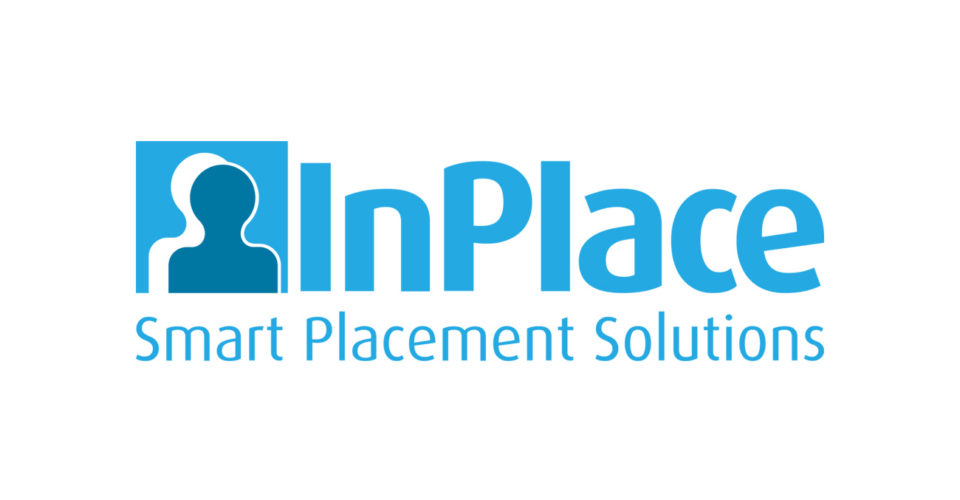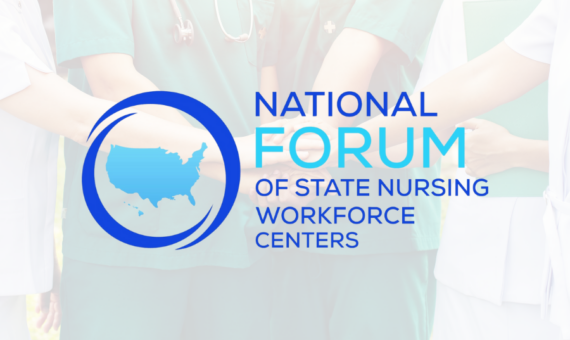As exciting as this can be, making the transition can often seem daunting. After all, along with this new adventure there will be new friends, a new environment to navigate, a new course to get your head around and a new teaching style.
Here are some tips from the team at InPlace Software to help make your transition to university that little bit easier.
Get your timetable in early
Make sure you research the timetable options for your classes before they go live. Plan which classes you want to select in advance so that you avoid long breaks between lectures or late-night sessions. And when the timetable does go live, be sure to get in as early as possible because the best class times will fill up fast.
Self-motivation
Generally, higher education calls for much more independent study than was expected of you in high school. Outside your official contact hours, the onus is on you to make sure you dedicate enough extra time on readings, assignments and exam study.
To stay motivated, consider partnering up with other members of your class for group study time … this will also help build new social connections and friendships. Remember, everyone else is probably feeling just as awkward as you!
Seek support
Your institution will no doubt offer a myriad of support services. For those having issues with course content, a student tutoring service might help. If you’re struggling with assignments, the academic skills office could provide valuable support. If you feel as though you could benefit from some extra support around a particular subject, chat directly to your lecturer.
Embrace the student life
For many, higher education is an important right-of-passage. It can be as much about learning who you are, as it is about the skills and knowledge you ultimately acquire. Universities and other tertiary institutions will generally be much bigger than your high school. As such, they are filled with people from all backgrounds, with all manner of interests. Join a sports team, get involved with a club or society, volunteer at events, attend or even organise a party or night out. You’ll soon find yourself surrounded by people with similar interests to yourself.
Embrace your industry work placement
One of the great things about higher education is that, whatever path you take, it is more than likely an industry work placement will play a role at some stage. This is a significant shift from the kind of theoretical textbook learning you will have become used to at high school. The focus here is on practical, hands-on learning and the acquisition of skills that are directly applicable to your chosen field. So when you are on work placement, make sure you ask questions, try as many new things as possible and don’t be afraid to ‘get your hands dirty’. Often, a graduate’s first job out of university will be with the organisation where they did their placement, so making a good impression is important.
In summary, it’s essential to remember that all universities want you to enjoy your experience with them. They put a lot of effort into devising ways to keep their students happy. Use their services, speak up, and track down support whenever you feel you need it.








